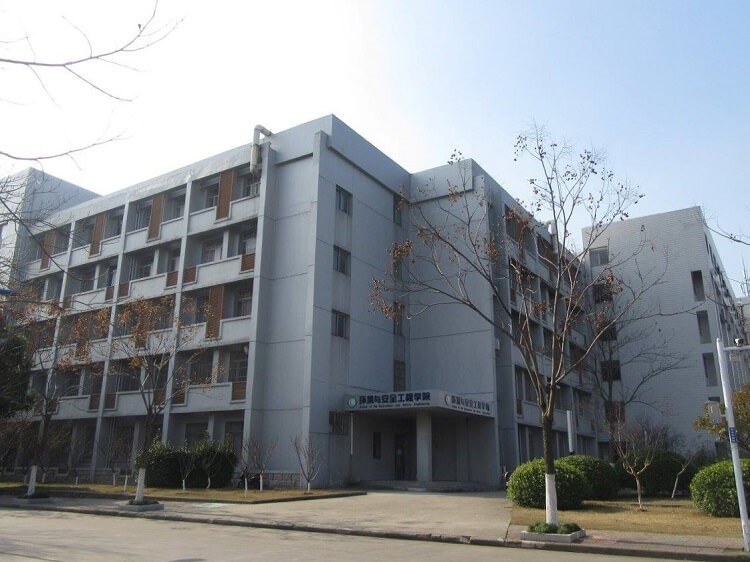When I first thought about writing a blog on the most useful, basic Chinese phrases for a foreigner in China, I didn’t know where to start.
I’ll be honest – if you never eat out, don’t travel anywhere, don’t go to bars and never get sick, it is surprisingly easy to survive in China without knowing much, if any Mandarin at all.
I do know a fellow foreign teacher in China who only knows two Chinese words: ‘ni hao’ (hello) and ‘xie xie’ (thanks). He seems to be surviving pretty well!
However, if you want to make the most of your time in China, sample the exotic food, travel and make friends, you will need to know more than just a couple of Chinese words.
So here are 20 helpful basic Mandarin phrases you need to know while you're living in China.
Travel phrases for China
I’ll start with travel because if you’re not getting picked up on your arrival in China, you’ll need to be able to make your way from the airport to your school by yourself. Here are a couple of basic Chinese travel phrases you should learn:
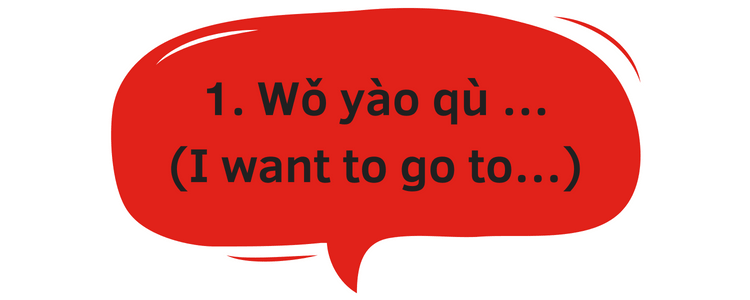
For your safety in China, learn this one! Always store the name of your school or hotel in your phone or carry the business cards of the hotels where you’re staying with you.
That way, you can always get a taxi driver to take you home if you get lost. You can also use this phrase to buy a train ticket.
In my experience, this is the most important phrase you’ll need to know while living or teaching in China.

When travelling by train, it's a good idea to book your ticket beforehand. This is especially true for the holiday periods, like Spring Festival and National Day. There are a number of websites which can be used for this, like Ctrip.
When you pick up your ticket at the train station, this phrase comes in very handy.

This one is self-explanatory.

This is an extremely useful Chinese phrase to learn. You can use this phrase to ask a student where a particular classroom or building is, where the toilet is, where you can find a particular product that you want to buy, and so on.
Social phrases when meeting new people in China

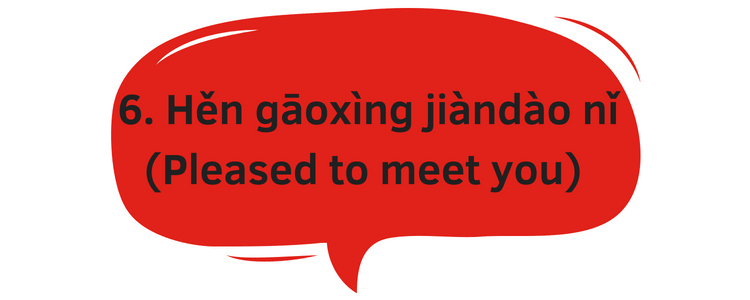
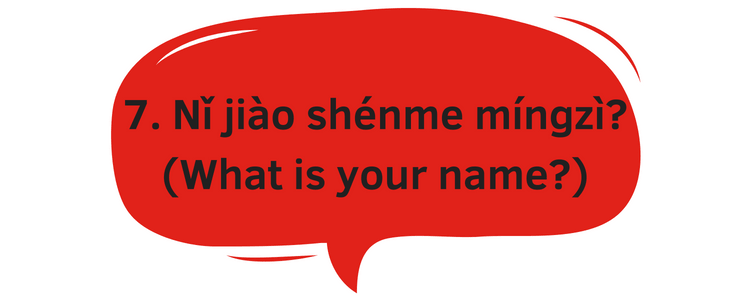

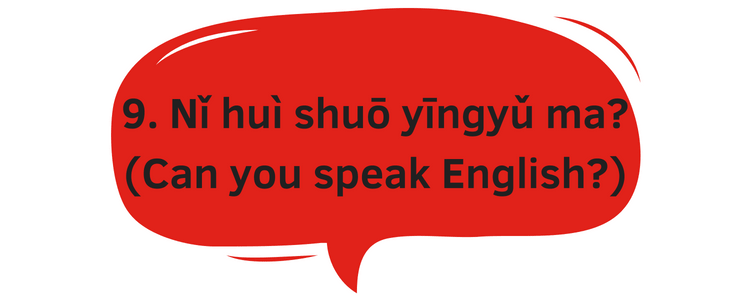
Going to bars is a popular pastime among foreign teachers in China.
As a foreigner, you’ll be a bit of a celebrity in China. Many Chinese people have never met a foreigner before so they might approach you, try to make small talk and even take selfies with you!
When you know these five basic Mandarin phrases, it becomes easier to make new friends.
Useful phrases for eating out in China
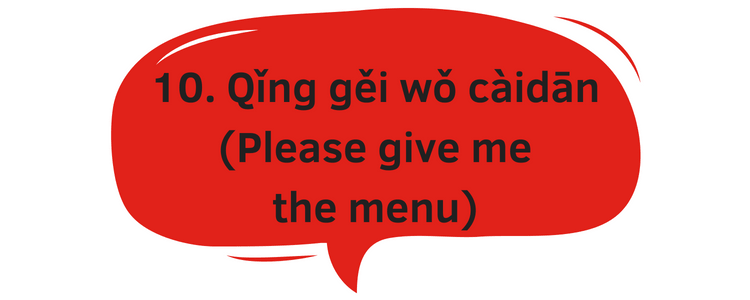
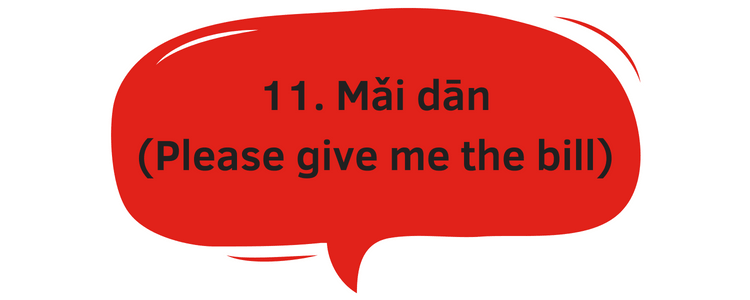


At some restaurants in China, the menu will be written entirely in Chinese and may not have any pictures either. Trying to order food in a restaurant may be tricky!
That’s where phrase number 12 will come in very handy.
Seeing a doctor or dentist in China
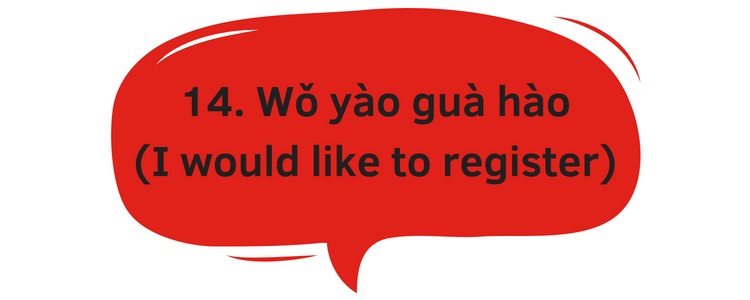
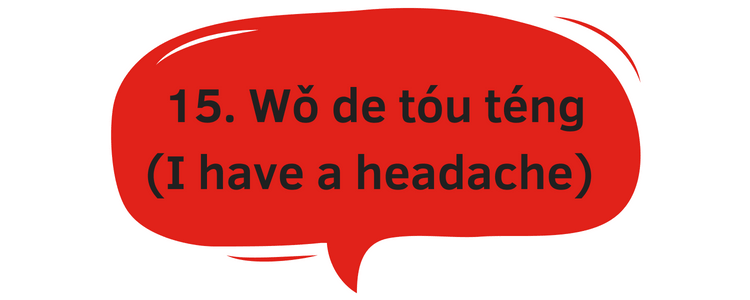



Many doctors and dentists in China will not be able to speak English. Seeking medical assistance may be quite a difficult thing to do on your own.
If possible, try to get a Chinese colleague or one of your students to go with you.
Topping up your mobile phone in China

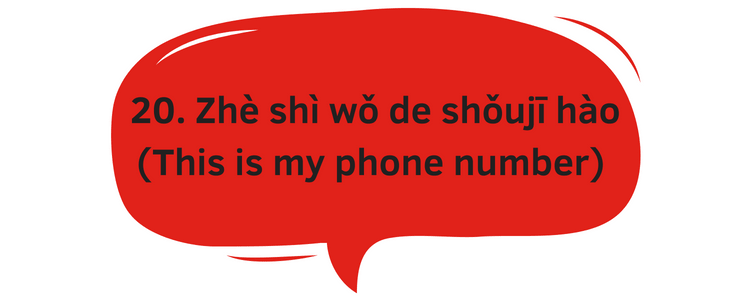
Mobile phones are very much entrenched in Chinese society. There may be times you’ll need yours to pay for essential items and eating out at restaurants, so make sure it’s never out of credit.
The importance of understanding the four tones in Mandarin
You’ll notice that I’ve used some funny little symbols in this article. What do they mean?
Well, these symbols represent the four tones in Mandarin. Here's a basic explanation:
- The first tone is flat, i.e. the tone is the same at the beginning and the end of the word.
- The second tone starts low and then rises. Think of it as the tone you would use at the end of a question, e.g. ‘Really?’
- The third tone goes down and then rises. In effect it’s two sounds per syllable, not one, e.g. ba-aa.
- The fourth tone is a very sharp tone, a bit like a drill sergeant barking orders – ‘Atten-shun!’
Why is this important?
Let’s take a very easy word – ‘ma’.
Mā (first tone) means ‘mum’. Má (second tone) means ‘hemp’. Mǎ (third tone) means ‘horse’. And mà (fourth tone) means ‘to scold’.
I bet your mother will never forgive you if you introduce her to your Chinese friends by saying ‘Zhè shì wǒ de mǎ’. It means ‘This is my horse’!
A final tip
Communication is a two-way process.
To survive in China, not only do you need to know how to say these basic Mandarin phrases but you’ll also need to understand what Chinese people are saying when they answer your questions or when they ask you a question.
It is therefore highly advisable to take Mandarin lessons if you are going to teach in China. Check out some of these Mandarin resources and study at your own pace.
Most importantly, get a translation app for your mobile phone. It’s one of the best investments that you can make.
What basic Mandarin phrases do you find most helpful? Please comment below.


